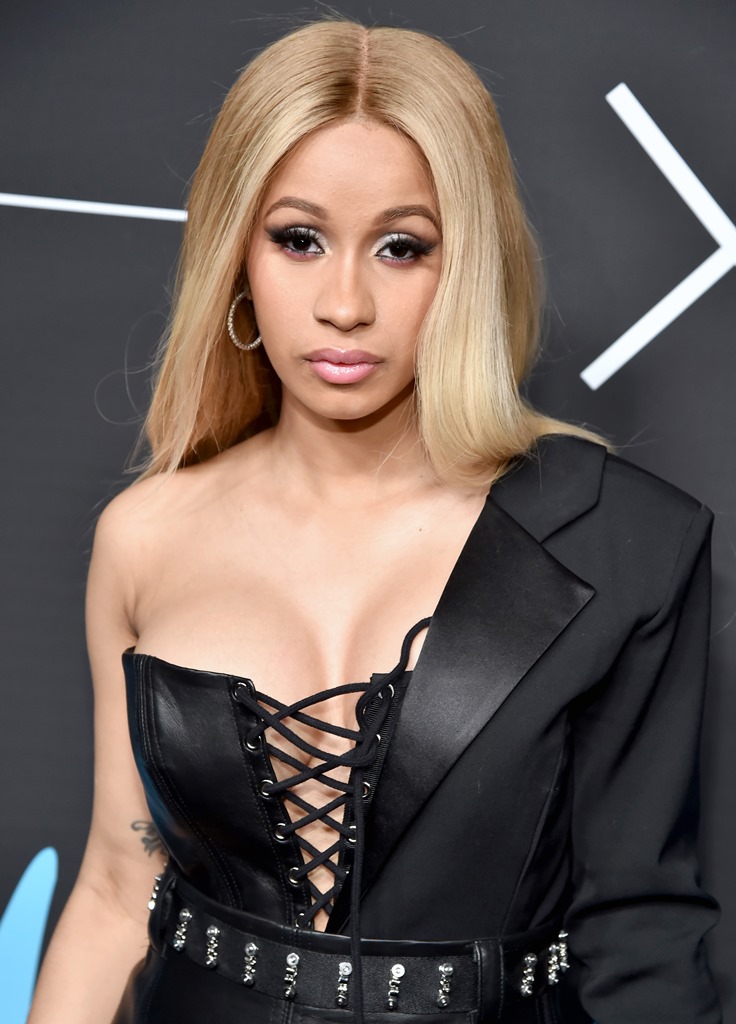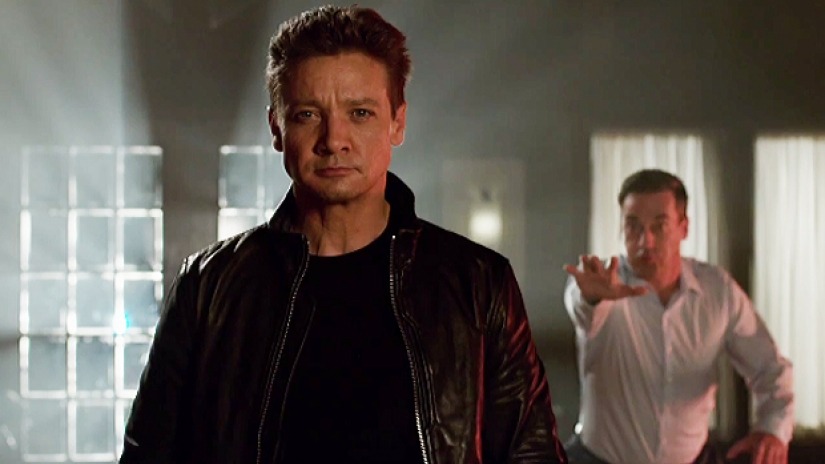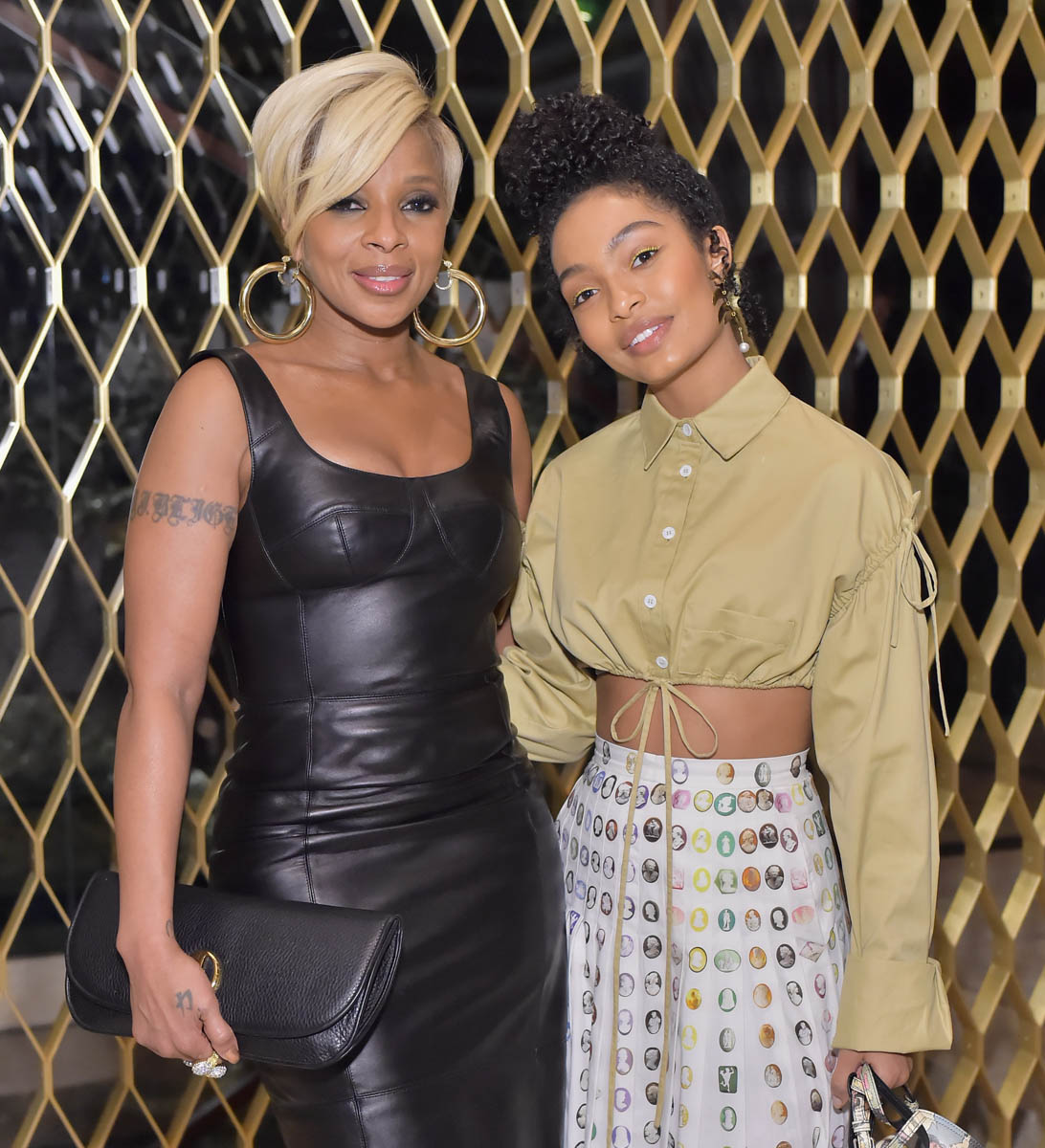Cardi B and #MeToo in hip-hop



Cardi B does not fit the mold of the “perfect victim.” The “perfect victim” is not an ex-stripper. She’s not a woman of colour. She doesn’t dress the way Cardi B dresses or talks the way Cardi B talks. We’ve seen it time and time again in sexual assault cases and Lainey has written about it on multiple occasions– victims must be perfectly chaste and obedient or rich or famous or white before anyone starts to pay attention.
I’ve heard the following questions a lot during the #MeToo era of Hollywood: where’s the reckoning in the music industry? Where are the women stepping up to say, “Time’s Up” to the male execs and artists – specifically hip-hop artists—who have abused their power at the expense of powerless women? In a new interview with Cosmo, Cardi B says that some of those women have been stepping up but because they aren’t Perfect Victims, no one is paying attention.
"A lot of video vixens have spoke about this and nobody gives a f-ck… I bet if one of these women stands up and talks about it, people are going to say, 'So what? You’re a ho. It don’t matter.'"
By video vixens, she means the nameless women hip-hop have used as props and backdrops for male pleasure in music videos for decades. These women are used as punchlines or cautionary tales. Don’t turn into those girls in those rap videos! I remember each of my parents using some version of that line on me throughout my adolescence. I used to laugh them off but Cardi B is right that these women are rarely seen as respectful and intelligent human beings with voices that deserve to be heard. Just look at how she recalls being treated when she was aspiring to be one of those girls in rap videos:
“When I was trying to be a vixen, people were like, ‘You want to be on the cover of this magazine?’ Then they pull their dicks out.”
This kind of harassment doesn’t seem shocking anymore. It seems expected. Of course, this has been happening since hip-hop’s infancy. After Cardi B’s Cosmo feature, written brilliantly by Jazmine Hughes, came out, a few women who have been at the forefront of screaming #MeToo in hip-hop took offense to her comments.
Journalist Rosa Clemente tweeted this:
Cardi B is so wrong when she says that women Hip Hop artists have been excluded from the #MeToo movement, for over 20 years plus all women in Hip Hop, in every element have spoken out, publicly who didnt listen were the men in Hip Hop and mainstream media.— Rosa A. Clemente (@rosaclemente) March 20, 2018
She also cited the work of Joan Morgan and Kim Osorio, the former editor-in-chief of The Source who won a $15 million sexual harassment lawsuit against the magazine in 2006. You can read Rosa’s interview with Kim Osorio on the trial here.
To me, Rosa Clemente and Cardi B are essentially saying the same thing. Yes, there have been women who have been speaking out for years about how women are treated in hip-hop and both of them are making the point that their stories get less exposure. Just look at the media coverage of Russell Simmons’ alleged victims compared to so many other high profile Hollywood assault cases. Or how quickly we all were willing to brush aside Dr. Dre’s assault on journalist Dee Barnes when Straight Outta Compton dropped. His assault was not sexual but it directly relates to the treatment of women in this genre. Victims should not be in competition for media attention – I don’t want to play the Oppression Olympics—but it’s important to note whose voices get more attention. Outside of Hollywood, the voices of women of colour are silenced repeatedly.
And when it comes to women of colour who are also sex workers or strippers, as Cardi B is speaking to specifically, they are more at risk for sexual violence but they are repeatedly told that they “deserve it.” In an article in Time last month, consensual sex workers noted that the #MeToo movement could be doing more to support them and one woman, Melony Hill, felt like the response from people if she shared her #MeToo story would echo Cardi B’s “'So what? You’re a ho” prediction.
“They’ll say we’re just whores anyway — ‘How can you sexually assault a whore?’ I’ve had that said to me multiple times.”
I’m hesitant to connect the plight of all women in hip-hop to that of the “video vixens” and strippers that Cardi B is referencing because I do think there are separate issues to be tackled but they all fall under the same umbrella of who is listening to women in hip-hop? Who is giving these women a platform or a safe space to come forward?
Kesha comes close to being the poster child for a Perfect Victim and look how the music industry (labels, executives) treated her and all but sided with her alleged abuser. Last I checked, Kesha is still contractually bound to Dr. Luke through her label. If Kesha can’t even get justice, what hope is there for all those imperfect victims with pasts that will unfairly be used against them?
I’ll leave you with Cardi B’s quote about why she’s so vocal about her past.
“Just because somebody was a stripper don’t mean they don’t have no brain…People say, ‘Why do you always got to say that you used to be a stripper? We get it.’ Because y’all don’t respect me because of it, and y’all going to respect these strippers from now on.”
You can read Cardi’s full feature in Cosmopolitan here.

